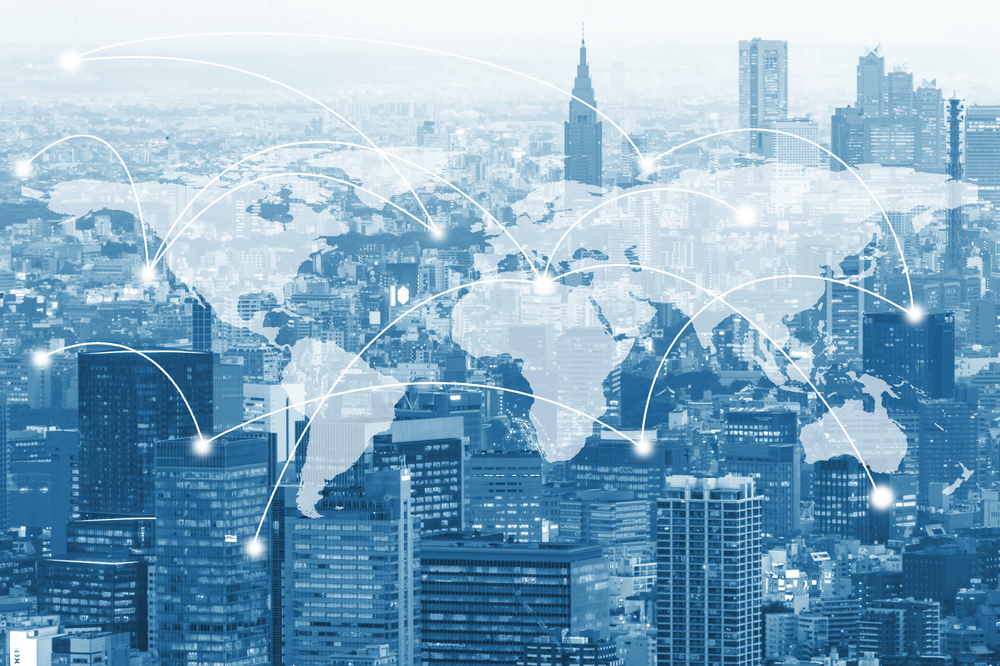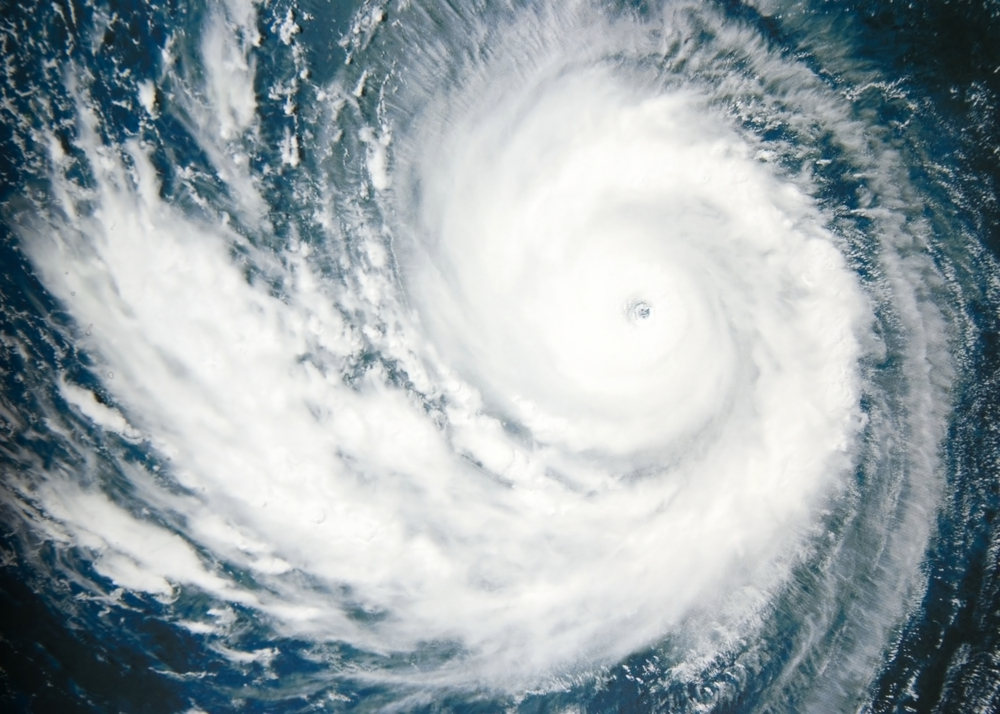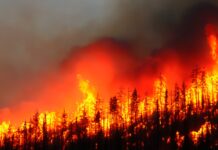The growing status of global crisis as a new normal finds multiple systems of the world pushed to the limit.
After a year and a half of the global pandemic, we learned how quickly the human mind and consciousness could adapt to a new normal. More Americans died in 2020 than any prior year in the nation’s history. However, the country remains divided on whether we should get a vaccine, have children wear facemasks to school, or restore lockdowns in areas where the virus is surging once again. In the first months of the pandemic, we were scared, then we were confused, then finally we were arguing, and things returned to normal as the pandemic raged on. All around us, the systems necessary for modern human life appear to be creaking past the state of normal, and we barely notice it. This goes beyond the pandemic.
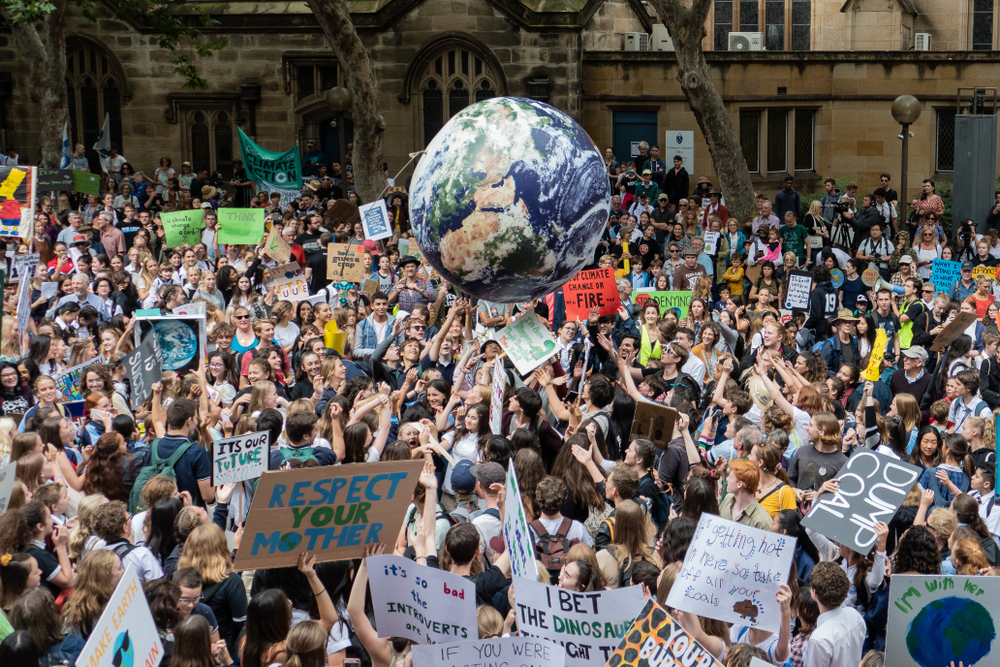
In July 2021 alone, extreme events that reflect a global system hurtling out of control have affixed to national and international headlines only to be replaced by the next day’s crisis.
- Record droughts in the northwest imperil the US wheat crop
- Surging food prices fuel a 40% jump in global hunger
- Record setting heat wave kills hundreds in the US and Canada
- Millions of children missed out on basic vaccinations during the pandemic
- UN Chief warns worlds faces a hurricane of humanitarian crises
- Almost 200 dead, hundreds still missing in European flooding
- Death toll from Texas winter storms continues to rise
Siberia is burning. The US Rocky Mountains are baking. India’s total coronavirus death count may be as high as 3 million. The Horn of Africa is heading toward famine. Lebanon is collapsing. The Taliban are retaking Afghanistan. Genocide in China.
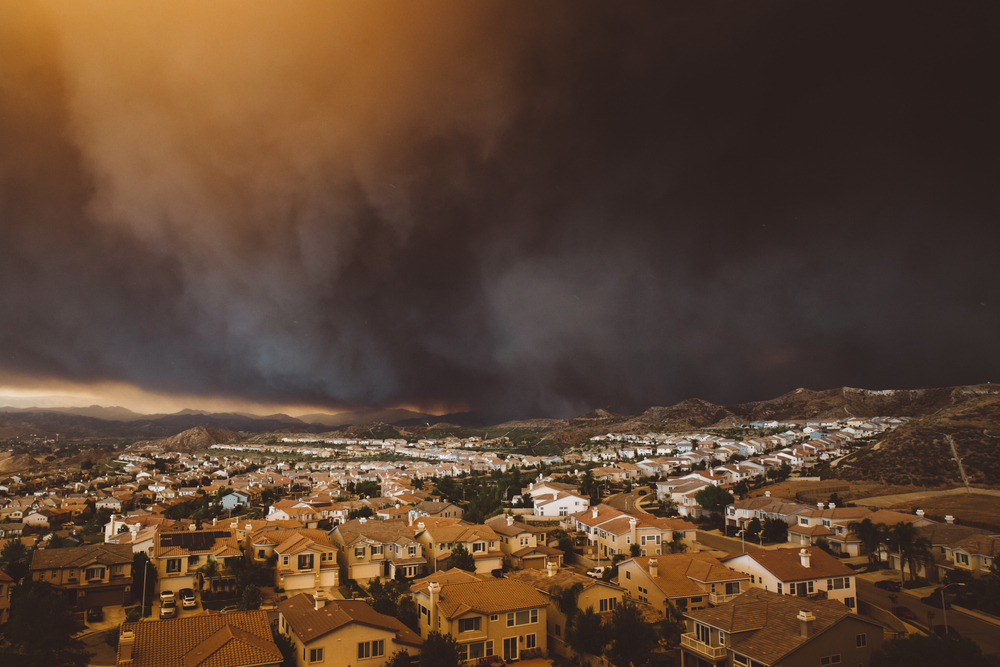
One after another, new waves of extreme events are pummeling the globe, and we seem to barely notice. Humanity is adapting to our new normal of extremism even if our systems are not.
A spokesman for the National Oceanic and Atmospheric Administration (NOAA) said the US has already experienced 8 “billion-dollar” calamities this year alone. In the face of ongoing droughts, the governor of California asked residents to reduce their electrical usage and reduce water consumption by 15% in July. At the end of June, New York City sent emergency text messages to its residents begging them to reduce power usage to prevent massive blackouts across the world’s 11th largest city. After the grid was overwhelmed in Texas during winter storms at the beginning of the year, Texans are now warned to conserve energy consumption for fear of the same thing happening in this summer’s heatwaves. Pakistan, Taiwan, Australia, and India face critical issues and blackouts as their own energy grids are overwhelmed in the summer heat.
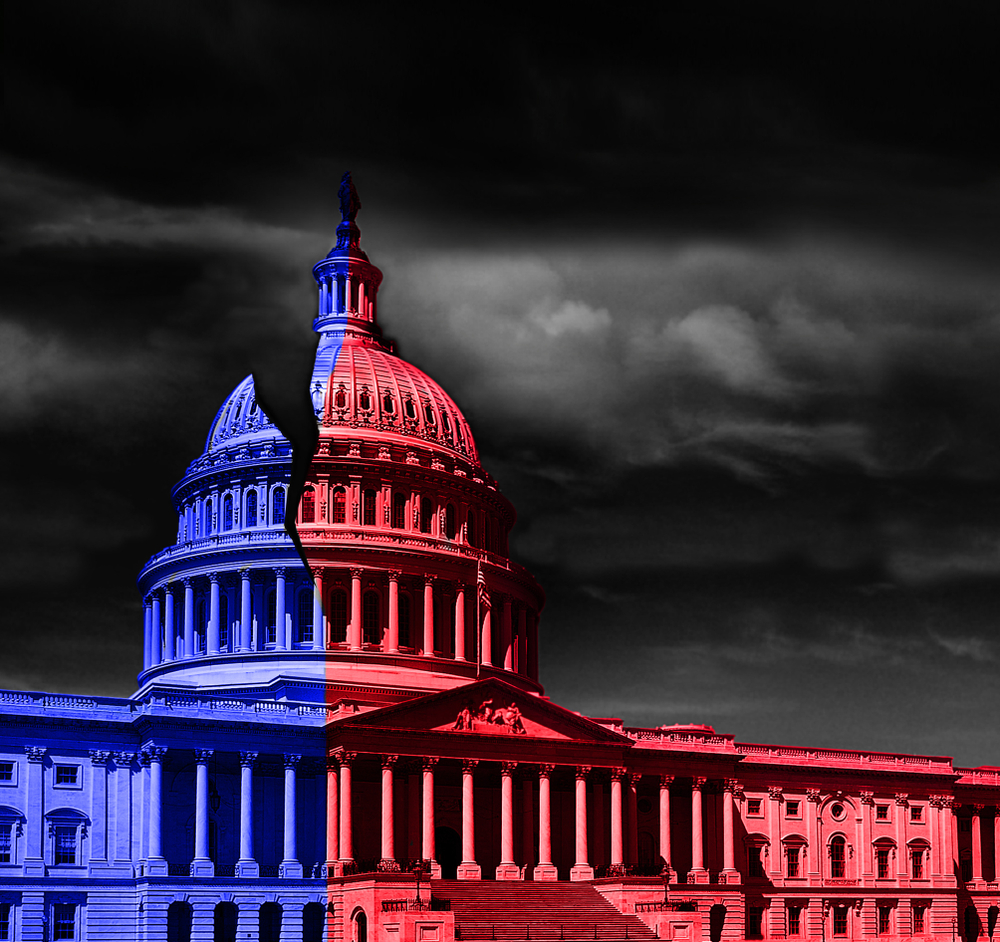
These should be causes for alarm, but few are alarmed. In prior moments of historical crisis and extreme events, leaders ascended to guide the nation out of the danger and fear. Today, the American political system is wracked by extremist elements pushing opportunistic polarization at every angle. Extremist opportunism has infected both sides of the legislative branch of government, paralyzing progress, and response against the nation’s exhausted state of crisis.

For all its disadvantages, political polarization at least allows us to identify all problems as the work of “the other side.” It frees us from responsibility and empowers us to close our eyes to the problems made by “those” people.
As the global system presses toward bankruptcy on every front, the sense of an impending shock that we will not recover from is pervading among those not blinded by irrational politics. We have pushed to the limit of manageable global crisis.
